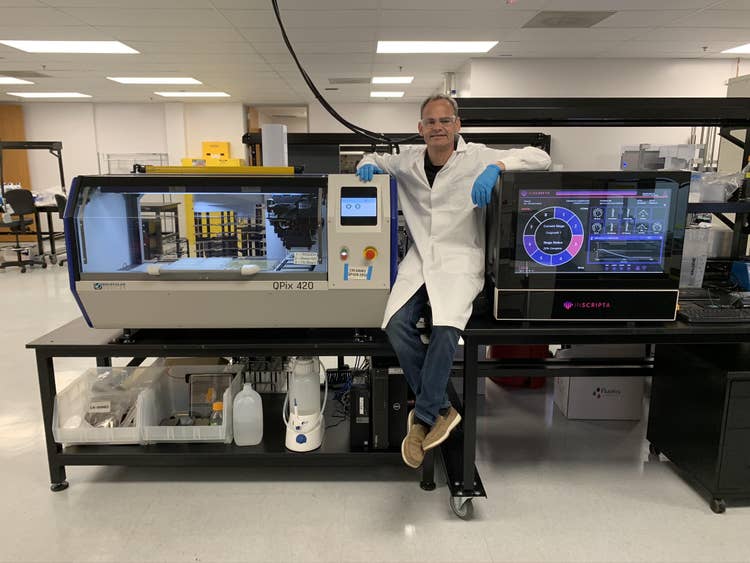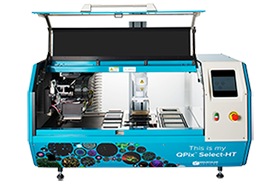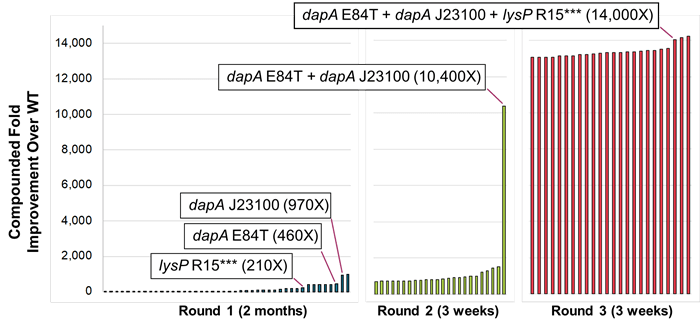
Inscripta enables scientists to perform digital genome editing…
COMPANY/UNIVERSITY
Inscripta, Inc.
TEAM MEMBERS
Eric Abbate, Staff Scientist – Applications Development
PRODUCTS USED
QPix 400 Series Microbial Colony Pickers
The Challenge

The Solution
The QPix and Onyx platforms are synergistic tools that allow customers to effectively generate and screen phenotypic diversity to enable successful bioeconomy solutions for the next generation synthetic biology companies.

QPix Microbial Colony Pickers
Products Used
The QPix™ 400 Series Microbial Colony Pickers combine intelligent image analysis with precise automation for fast and efficient screening of large libraries. Capable of picking up to 3000 colonies per hour, it will streamline your workflow. In addition to microbial screening, the system automates several sample preparation and plate handling processes such as transfer of bacterial liquid culture and plating on agar. With a variety of data tracking and assay tools, the QPix Software streamlines the control and management of complex and iterative processes.
The Results

Figure 1: This graph represents the top lysine overproducers that were generated by the Onyx platform and colony picked by the QPix system. Beneficial genomic edits were rapidly combined over 3 rounds of engineering to produce an improved strain with a 14,000-fold improvement in lysine titer relative to wild-type E. coli.